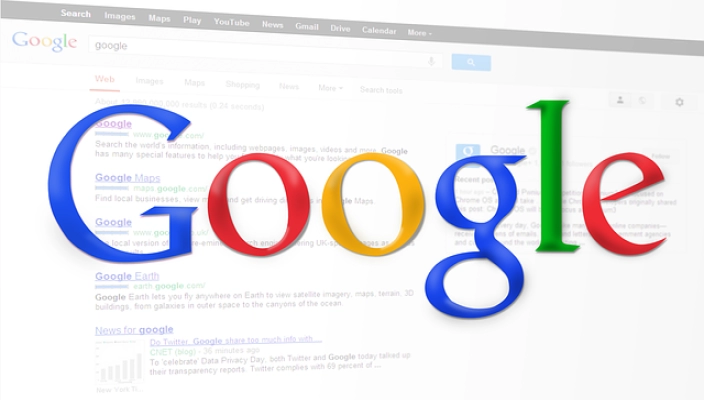Title: The Effect of Google SEO on Mixed Language Content
Introduction:
In today’s globalized world, websites often contain content in multiple languages to cater to a diverse audience. However, many website owners wonder how Google’s search engine optimization (SEO) rankings are affected by the presence of mixed language content. This article aims to explore the impact of mixed language content on Google SEO and provide helpful insights for webmasters.
I. Understanding Google SEO:
To comprehend the effect of mixed language content on Google SEO, one must first understand the principles of how Google ranks websites. Google SEO algorithms analyze various factors like the quality of content, backlinks, user experience, and relevance to determine a website’s ranking in search results.
II. Importance of Language Tags:
Google relies on language tags within HTML to understand and identify the language of specific website sections or pages. Webmasters must implement appropriate language tags to ensure optimal indexing and ranking of mixed language content.
III. The Multilingual Website Structure:
Creating a clear and organized structure for a multilingual website is crucial for SEO. Webmasters should consider using subdirectories, subdomains, or language-specific URLs to distinguish different language versions of their website. This allows Google to understand the language-specific content and rank it accordingly.
IV. Content Translation and Localization:
When dealing with mixed language content, it is essential to provide accurate translations and localization. Poorly translated or irrelevant content can negatively impact SEO. Hiring professional translators and localization experts can ensure high-quality content that resonates with the target audience.
V. User Experience and Accessibility:
While focusing on SEO, webmasters must not overlook user experience and accessibility. Navigation should be user-friendly for visitors to switch between languages effortlessly. Providing language options in the website’s interface improves user experience and enhances SEO rankings.
VI. Content Duplication and Canonical Tags:
One concern with mixed language content is the possibility of content duplication. Google penalizes duplicate content and may lower SEO rankings as a result. Implementing canonical tags properly helps indicate the primary version of a page, mitigating any negative SEO impact caused by mixed language duplicates.
VII. External Factors and Backlinks:
The presence of mixed language content can affect backlink generation and overall website popularity. Webmasters should focus on obtaining quality backlinks from reputable sources in each language to boost SEO rankings across all language versions of the website.
Conclusion:
In conclusion, the presence of mixed language content in a website does not significantly impact Google SEO if managed correctly. By implementing appropriate language tags, creating a well-structured website, ensuring accurate translations, and prioritizing user experience, webmasters can optimize their SEO rankings across different language versions. Understanding the nuances of multilingual SEO can contribute to the success of a global website in reaching and engaging diverse audiences.







